I recently wrote a piece about the importance of validating children’s feelings in some of the most difficult moments. I truly believe emotional intelligence is one of the most important characteristics humans can possess, and it’s potentially one of the hardest to refine. Developing emotional intelligence in our children is no easy task, but it’s sure to be one of the most rewarding. I’ve compiled my five favorite books that can help even the youngest of children to identify, articulate, and then address their emotional needs. Use these books to teach your child what different emotions feel like, then help them name those feelings as they experience them.
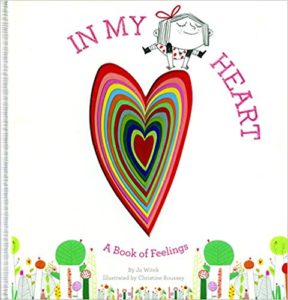 In My Heart by Jo Witek
In My Heart by Jo Witek
This book explores a range of emotions as the main character describes exactly what it feels like when she’s sad, shy, silly, and everything in between! With colorful images and descriptive language, children are able to relate feelings to real life objects and experiences.
Sometimes I Feel Like a Storm Cloud by Lezlie Evans
Childhood can be really tough! This book is full of colorful adjectives that describe the intense range of emotions a child can feel.
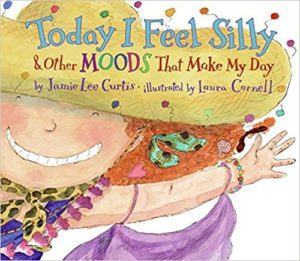 Today I Feel Silly by Jamie Lee Curtis
Today I Feel Silly by Jamie Lee Curtis
Follow along with the main character as she explores how our moods can change from day to day – and that’s ok!
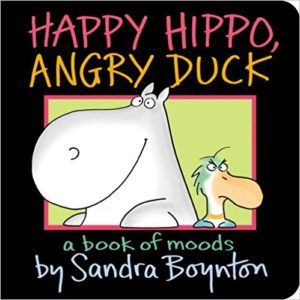 Happy Hippo, Angry Duck: A Book of Moods by Sandra Boynton
Happy Hippo, Angry Duck: A Book of Moods by Sandra Boynton
Sandra Boynton is known for being both silly and engaging and she doesn’t disappoint in this one! Animals explore their emotions with simple language and expressive illustrations!
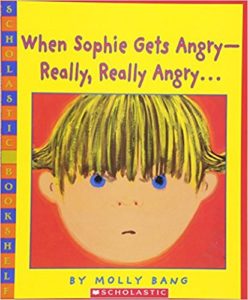 When Sophie Gets Angry- She Gets Really, Really, Angry… by Molly Bang
When Sophie Gets Angry- She Gets Really, Really, Angry… by Molly Bang
This book follows along with a child as her anger boils up inside her. A great book for kiddos who struggle to control their frustration, it emphasizes the importance and need for taking some time to yourself to calm down, relax, and return to the situation when you’re ready.
Photography by: Juniper Photo Co.





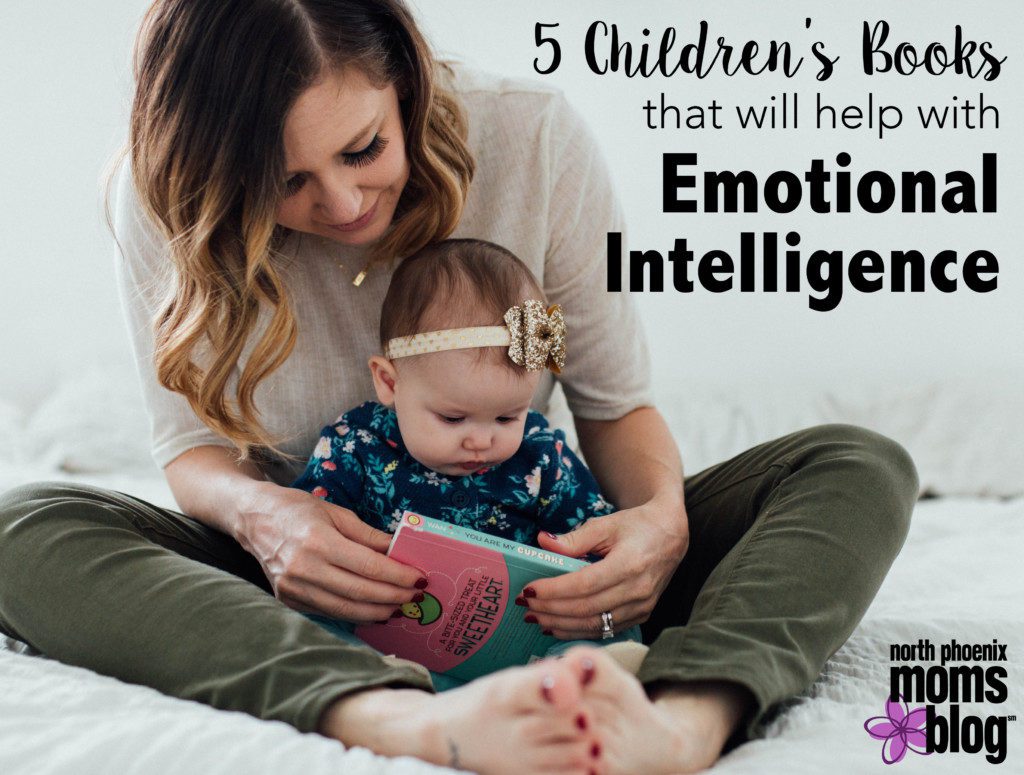
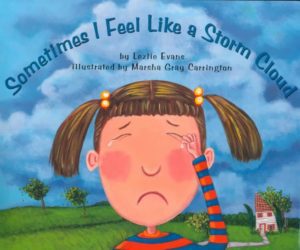







This is awesome, I seriously pulled out my library card and am going to seek all of these out! Not only to share with my kiddos but also to use in a professional development session I’m teaching to adults on Emotional Intelligence.
Thank you, Katie! I love love that you’re planning to share them with adults, too!